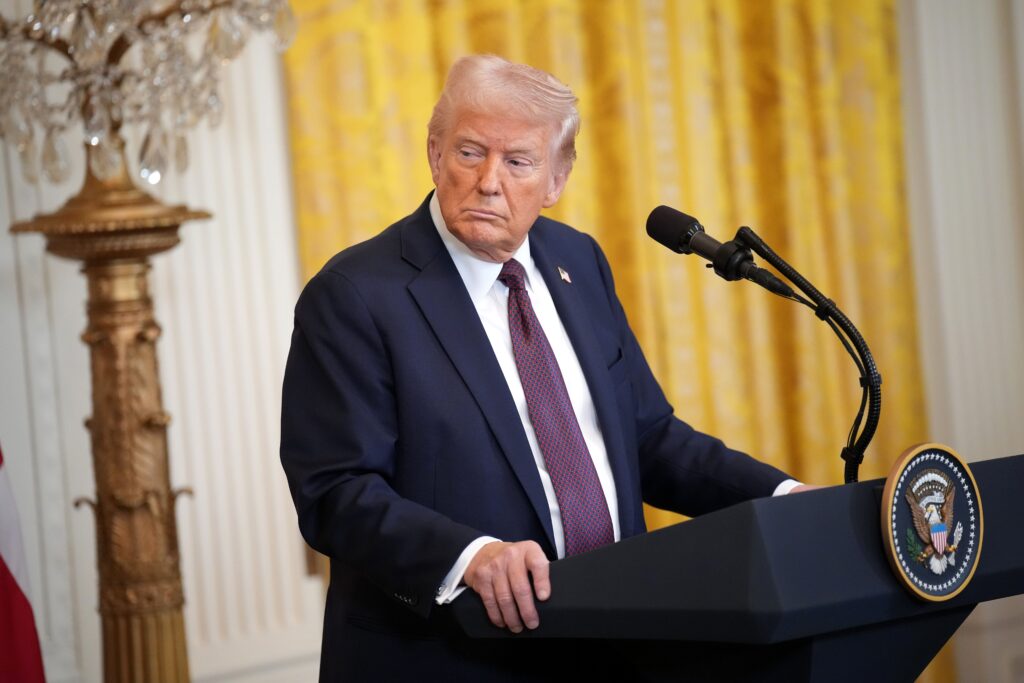Trade War Tensions and Optimism for Resolution
A recent Polymarket contract suggests that there is a 70% probability the ongoing trade conflict between Canada and the United States will be resolved by May. This optimistic outlook follows comments made by Commerce Secretary Howard Lutnick during an interview with Fox Business, where he indicated that U.S. President Donald Trump is open to negotiations.
Current Tariffs and the Underlying Issues
As of Tuesday morning, Canada and Mexico are facing the enforcement of a 25% tariff on all goods entering the United States. President Trump has justified these measures by citing national security threats, particularly linked to fentanyl trafficking and illegal immigration. This stance has escalated tensions, prompting concerns about the economic impact on both sides of the border.
Potential Path to Negotiation
Later that day, Lutnick’s remarks hinted at a possible diplomatic breakthrough, which led to a significant rise in betting odds on Polymarket. He stated, “I think [Trump is] going to work something out with them. It’s not going to be a pause, none of that pause stuff, but I think he’s going to figure out: you do more, and I’ll meet you in the middle someway and we’re going to probably announce that tomorrow.”
This statement has sparked renewed hope among traders and investors, who are closely monitoring the situation for any signs of progress.
Impact on Cryptocurrency Markets
Lutnick’s comments also seemed to have a positive effect on cryptocurrency markets, which experienced a surge on what has been dubbed ‘Turnaround Tuesday.’ Bitcoin (BTC) saw a 1.5% increase, comfortably trading above the $87,000 mark, as reported by CoinDesk Indices data.
Additionally, the CoinDesk 20 (CD20), an index that tracks the performance of the largest digital assets globally, rose by 2% in response to the news, highlighting a correlation between geopolitical developments and market dynamics.
Looking Ahead
As negotiations continue, stakeholders in both the trade and cryptocurrency sectors will be watching closely for further developments. The potential for tariff reductions could significantly influence trade relations and market stability, making this a pivotal moment for economic interactions between the U.S., Canada, and Mexico.



